- Chinese companies redraw the transport map of the African continent
- China has built a large number of infrastructure projects in Africa, and China's position in Africa is unparalleled
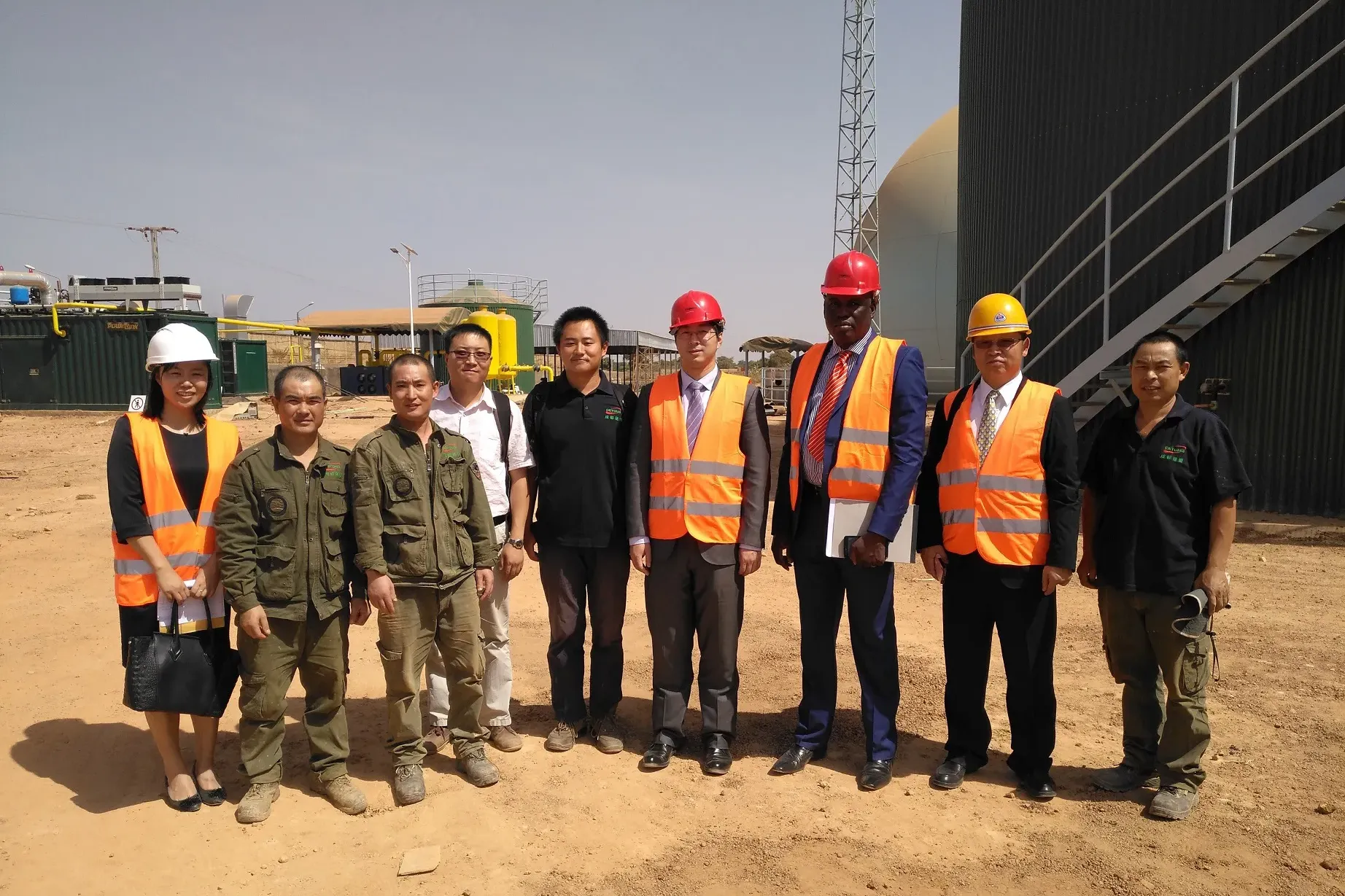
When it comes to building large-scale projects in Africa, China's position is unparalleled. Chinese companies have redrawn the transport map of the African continent. Thanks to Chinese engineers and bankers, you can catch a train in Lagos and avoid the traffic jams to Ibadan; drive through parts of eastern Congo in hours instead of days; or fly from One of dozens of newly upgraded airports from Zanzibar to Zambia. From skyscrapers, bridges, and dams to more than 30 ports, Chinese companies have built massive infrastructure projects in Africa.
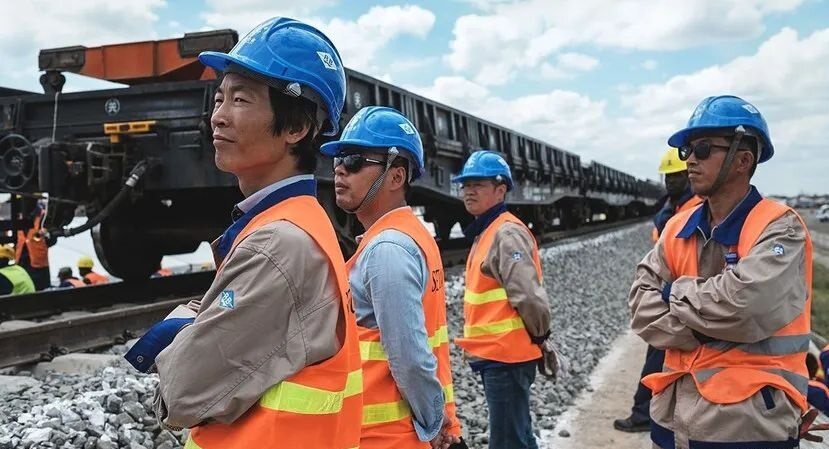
The situation in the past is completely different from the present. In 1990, companies in the United States and Europe were awarded more than 85 percent of construction contracts on the African continent. The status of Chinese companies was not worth mentioning at the time. Western companies are now struggling to win business in the fast-growing African market. The World Bank predicts that by 2040, demand in the infrastructure sector will exceed $300 billion a year. Africa's population is growing faster than the rest of the world, and Africa's population is migrating to cities faster than other regions. Both trends will drive demand for infrastructure. Chinese companies have earned market share for China, with 31 percent of African infrastructure projects worth $50 million or more in 2020 being undertaken by Chinese companies, up from just 12 in 2013, according to consulting firm Deloitte. %. By comparison, in 2020, only about 12% of Western companies built directly, compared with 37% in 2013.
This dramatic shift in fortunes for Western companies worries not only their shareholders but also Western governments, who see China's growing economic power in Africa as strengthening its strategic and diplomatic influence. China's Belt and Road Initiative, which finances the construction of ports, roads and other infrastructure, has Western military generals worried that China could build a second naval base in Africa after Djibouti. Western governments also worry that China will control strategic mineral resources, such as cobalt needed for new energy vehicles, by investing in African mines. In recent years, the United States has put competition with China at the heart of its foreign policy. The United States and Europe have been working hard to provide African countries with financing alternatives to China's Belt and Road Initiative. At the EU-Africa summit held on February 17 this year, European leaders pledged to invest 150 billion euros (about 170 billion US dollars) in African infrastructure.
Western governments are also trying to urge their own companies to invest and build more in Africa. But this is easier said than done. Some Western construction companies have complained that it was a bad start to them, especially with such a large amount of Chinese financing in Africa. According to the Center for Global Development (CGD, a Washington-based think tank), between 2007 and 2020, Chinese development banks contributed $23 billion to Africa's infrastructure, compared with all other development banks combined $9.1 billion.
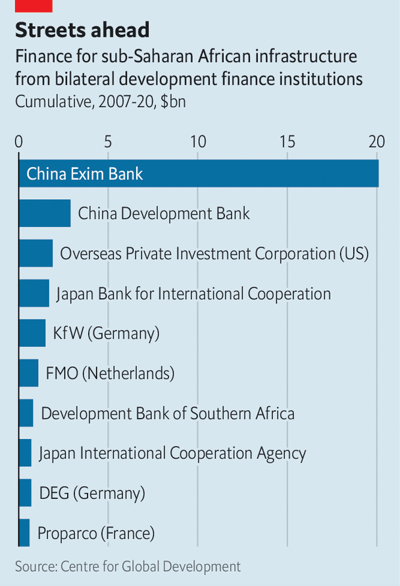
Chinese lenders are bolder, sometimes borderline reckless, than their Western rivals. When Kenyan President Uhuru Kenyatta wanted a $4.7 billion loan to build a new railway, Chinese lenders provided the financial backing despite World Bank warnings that the railway was unlikely to be profitable. Since then, the railroad has lost more than $200 million. Typically, Chinese companies are tough negotiators. Several companies have adopted a "resource-for-road" transaction, such as construction projects in Ghana and Guinea that exceed US$1.1 billion, using bauxite as a repayment guarantee. A study by the Aid Data Research Lab at the College of William and Mary found that lenders in China often impose very strict conditions to ensure loan repayments.
Western businesses have also complained that their own governments rarely offer business benefits. Last year, China pledged to use its own funds to build new smart foreign ministry buildings for Congo and Kenya. Similar examples include numerous official buildings ranging from parliament buildings in Sierra Leone and Zimbabwe to presidential palaces in Burundi, Guinea-Bissau and Togo. Given such generosity, it is not surprising that some African governments tend to favor Chinese companies. By contrast, Western governments often spend their aid on obscure and sometimes less common things, such as women's education.
Perhaps most importantly, Chinese companies have a reputation for building fast. China Development Bank financing was quick, and some construction projects in Africa looked like copies of Chinese counterparts, which likely saved planning time. For example, the stations along the new Chinese-built railway between Ethiopia and Djibouti look as if they were moved from the plains of Asia. The rapid pace of construction of Chinese enterprises may also be partly due to insufficient environmental assessment and other links.
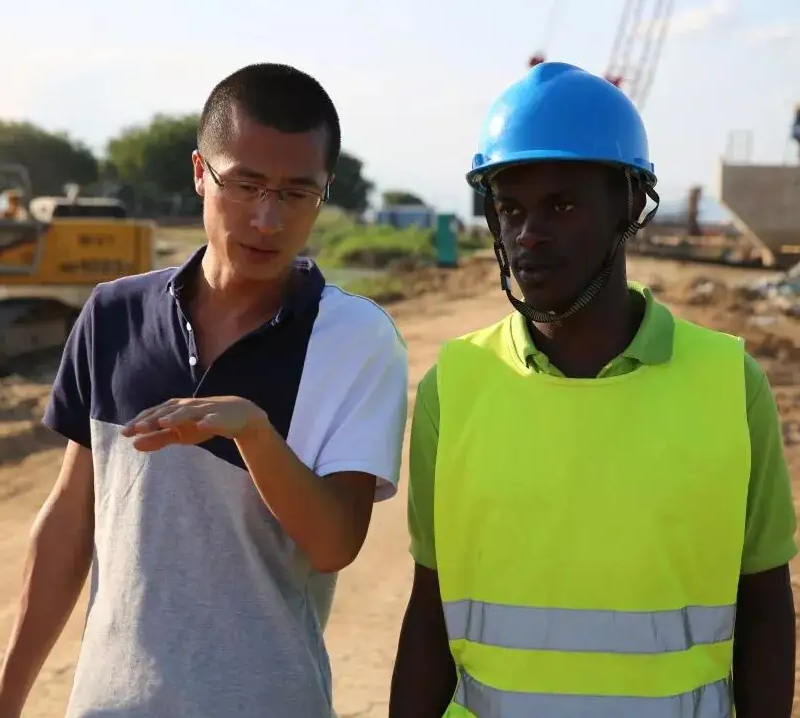
As a result, Chinese companies can often deliver a major project within an election cycle, giving current African leaders an opportunity to cut the ribbon for a photo opportunity before the new election. Western companies are rarely so flexible. "We're far behind, it's hard to get to their starting line," said an executive at a European engineering firm.
A study by the Brookings Institution, a US think tank, of international projects funded by the World Bank shows that Chinese companies win contracts for the simple reason that they are more competitive. Western companies have complained that some projects built in China are of poor quality, and there are many examples of road construction failing within a few years. But a study by the China-Africa Institute at Johns Hopkins University on World Bank-funded infrastructure projects found no difference in the quality of work done by Chinese and Western contractors. However, this may also be because the World Bank insists on clean bidding and high construction standards, so on the projects it finances, the winning company may perform construction to its own highest standards.
And, in many cases, Chinese companies are gaining unimpeded access to business because they have no competitors—many Western companies find Africa too risky to hold back. The African market is indeed very risky. Expired titles and fraud are common. A manager of a Western company told how he tried to buy land, but later found out that the counterparty he was negotiating with did not actually own the land.
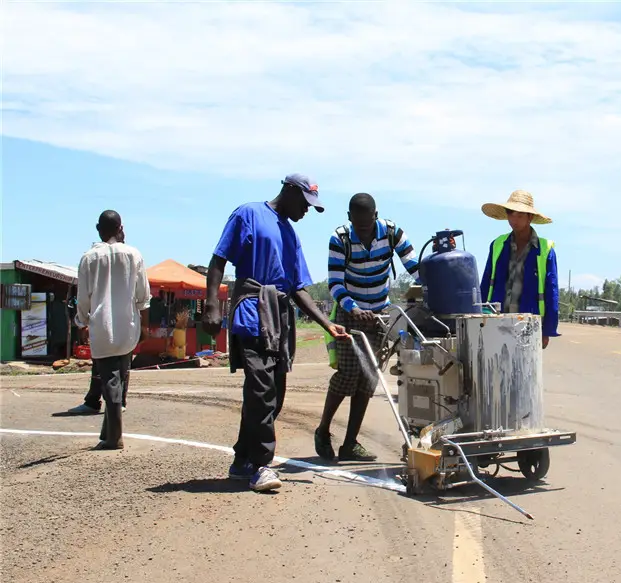
These questions help explain why many infrastructure projects fail before construction begins. In Africa, 80 percent of infrastructure projects stop at the project planning stage, and only one in 10 reach the financing closure stage, according to estimates by consultancy McKinsey & Company.
Another important issue is corruption. In the past, Western companies have often won projects in Africa and beyond by making small moves. According to a World Bank paper written by Charles Kenny, a survey of more than 4,000 businesses conducted in 1999-2000 found that construction companies spent 1-2% of their revenue on bribes. He also noted that in 2005, 40 percent of international construction firms said they had lost contracts for projects won the previous year because of bribes by competitors.
Today, the US and UK have stricter anti-corruption laws that apply wherever the bribery takes place. As a result, Western companies have become more reluctant to pay bribes, even as some are struggling. For example, the American company Halliburton was fined in 2017 for violations in Angola; the World Bank sanctioned a subsidiary of French company Bouygues for contractual violations.
However, a project manager at a Western company complained that some officials in Africa were indifferent to the anti-corruption laws, asking: “Where are the ministers’ brown envelopes? Where are the secret brown envelopes?” of a Western mining company’s The person in charge complained that he was helpless compared to Chinese companies, which can operate without a license, even in places like the Central African Republic where rebels are rampant, even without government permission, as long as the local warlords Even with some money, they can still operate.
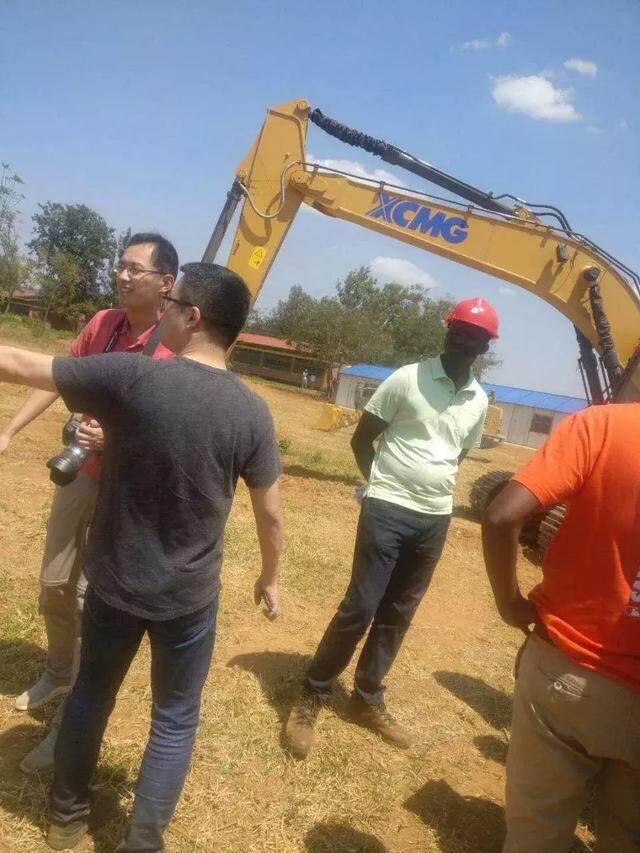
Some Western businesses are still trying to compete for business, but not all have been pleasant experiences. In 2017, Bechtel, a major U.S. construction company, won a $2.7 billion contract to build the largest road project in Kenya’s history. The Kenyan government had previously agreed to pay for the road upfront, but changed its mind and asked for a loan instead. Kenya also put the project on hold after the U.S. government refused to provide the loan.
GBM Engineering, a British company, was automatically awarded a $2 billion contract to build Kenya's largest dam after five Chinese rivals failed to submit their bids on time because they were unfamiliar with the competitive bidding process. Six months later, the government committee in charge of the tender cancelled GBM's contract due to pressure from China. GBM won five indictments, all of which were taken in one lump sum. The case is still pending in court, and the dam project, like Bechtel Engineering's highway project, is still not under construction.
But not all Western corporate executives are gloomily sipping a cold beer at the local Sheraton hotel. Thierry Pairault of the French Institute for Advanced Study in Social Sciences mentioned that more and more French companies are cooperating with Chinese companies. The initial partnership was informal - on the same project, the French and Chinese companies had their own divisions of labor and work, with the former usually responsible for the more complex parts.
More recently, France-China cooperation has become more formal. French logistics giant CMA CGM has formed partnerships with Chinese companies such as China Harbour Engineering Company. In some cases, French companies need Chinese partners, which can bring state-backed financing that France often cannot provide. But in other cases, formal collaborations are often formed on the basis of years of informal collaborations. Deloitte found that in 2020, more than 15 percent of large infrastructure projects were built by consortia, including those made up of Western and Chinese companies.
China's participation in Africa's infrastructure construction is not all a good thing. In some cases, this has left African countries mired in debt, fueled corruption, or built infrastructure as unprofitable as Kenya's railways. But as these disputes subside—and debts may default—the “legacy” China has built will become the roads and ports that Africa’s economic growth desperately needs.
Perhaps just as importantly, China has fueled geopolitical anxiety in Western leaders, unknowingly prompting Western money to flow into Africa. The British government recently announced that its development arm will invest $1 billion in Kenyan infrastructure and that a British company will build a new rail hub in central Nairobi. The G7 last year launched the Rebuild a Better World (B3W) initiative, a shameless copy of China's Belt and Road Initiative. But all of this means that construction companies in all countries will have more project opportunities, including Western companies, Chinese companies, and African companies. Editor / Zhao E
Comment
 Praise
Praise
 Collect
Collect
 Comment
Comment
 Search
Search


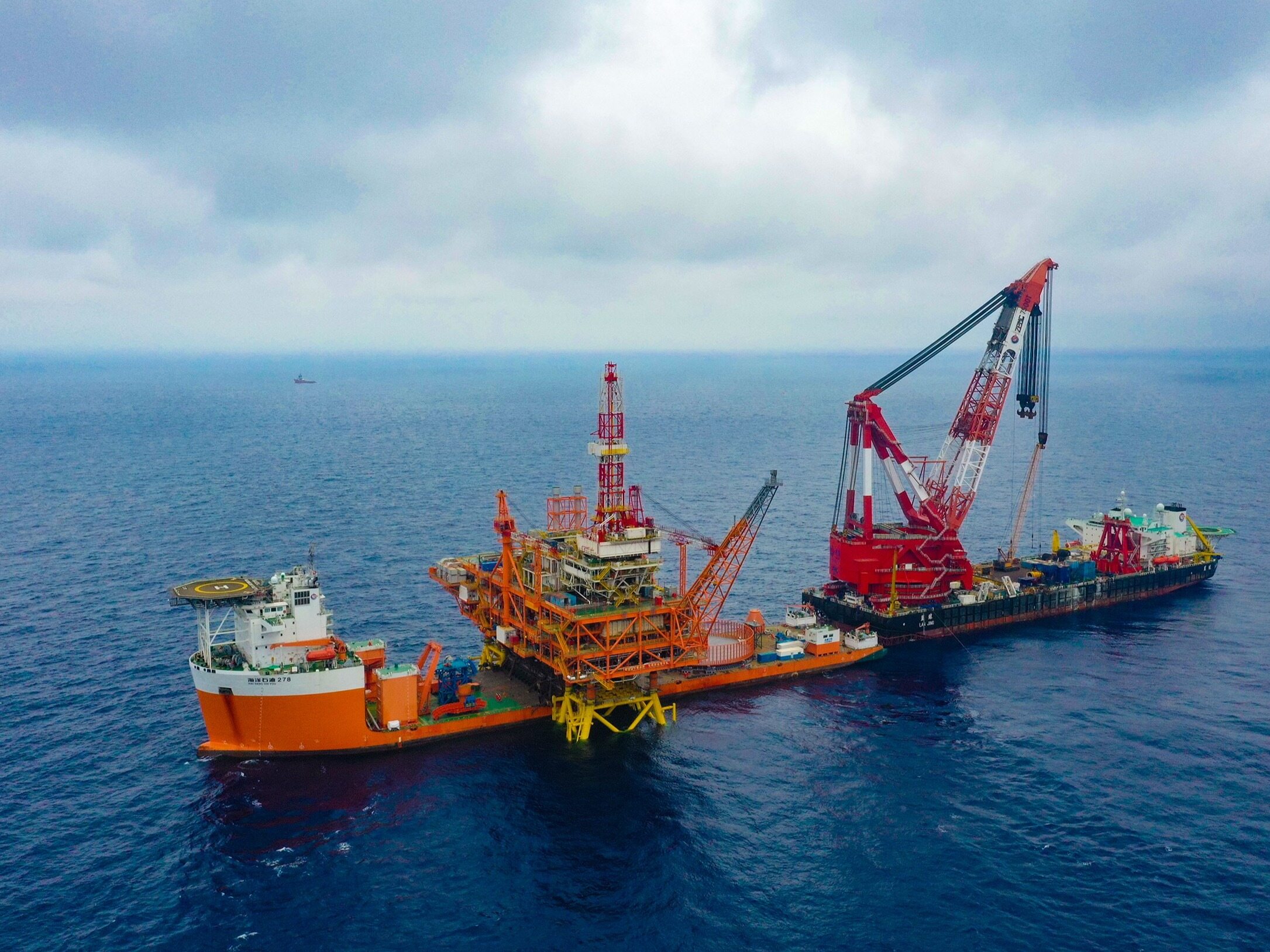
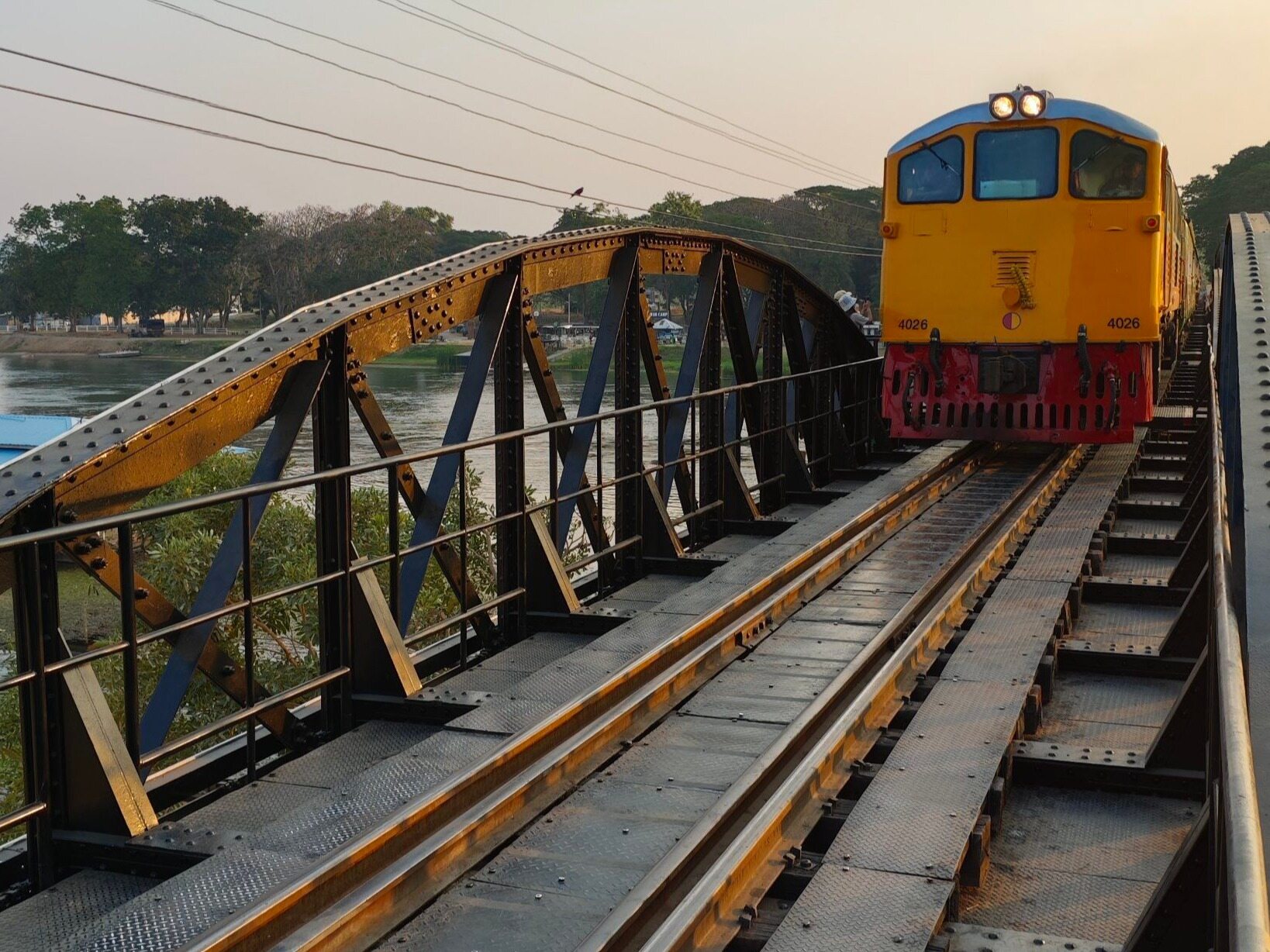
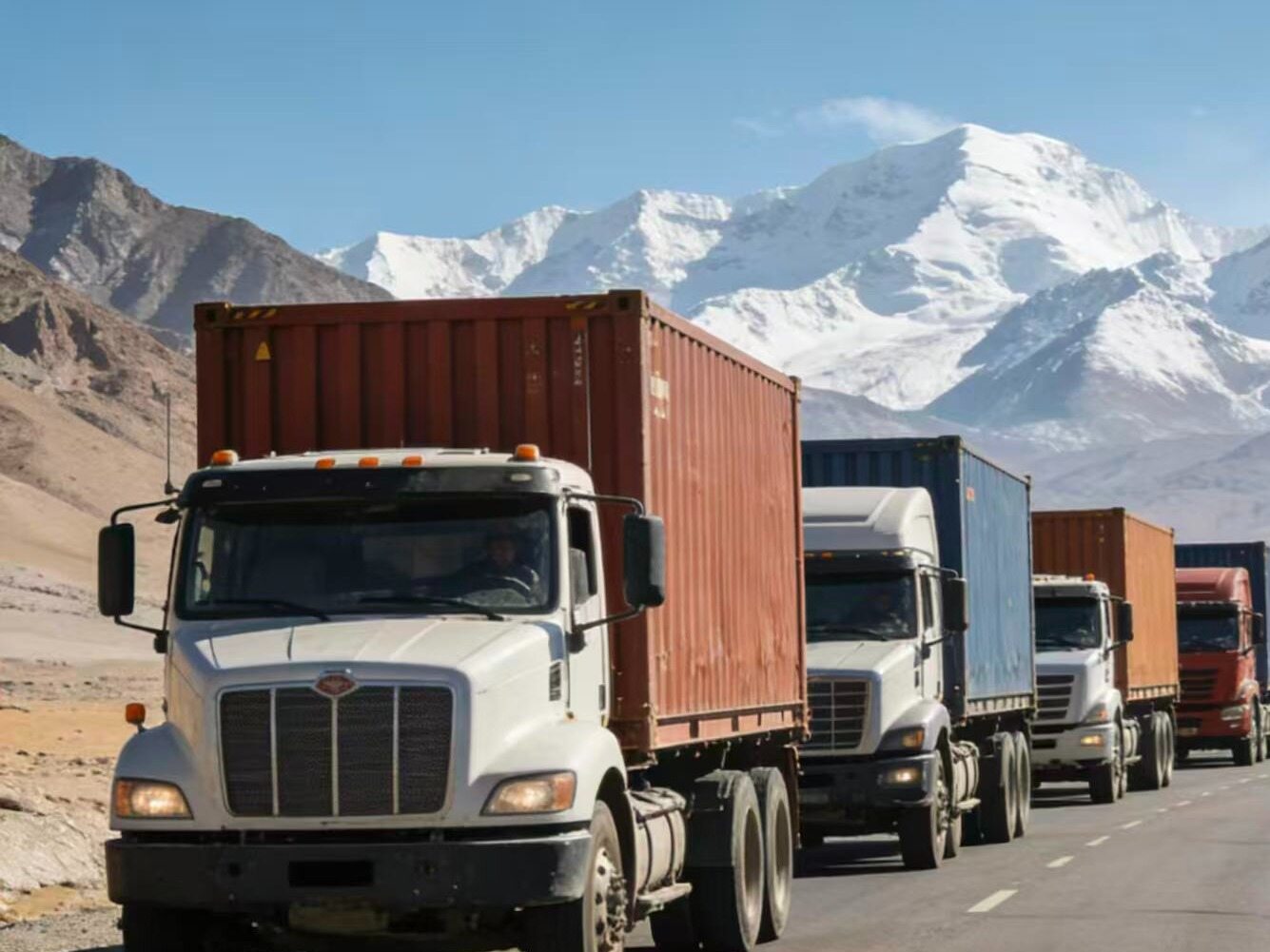

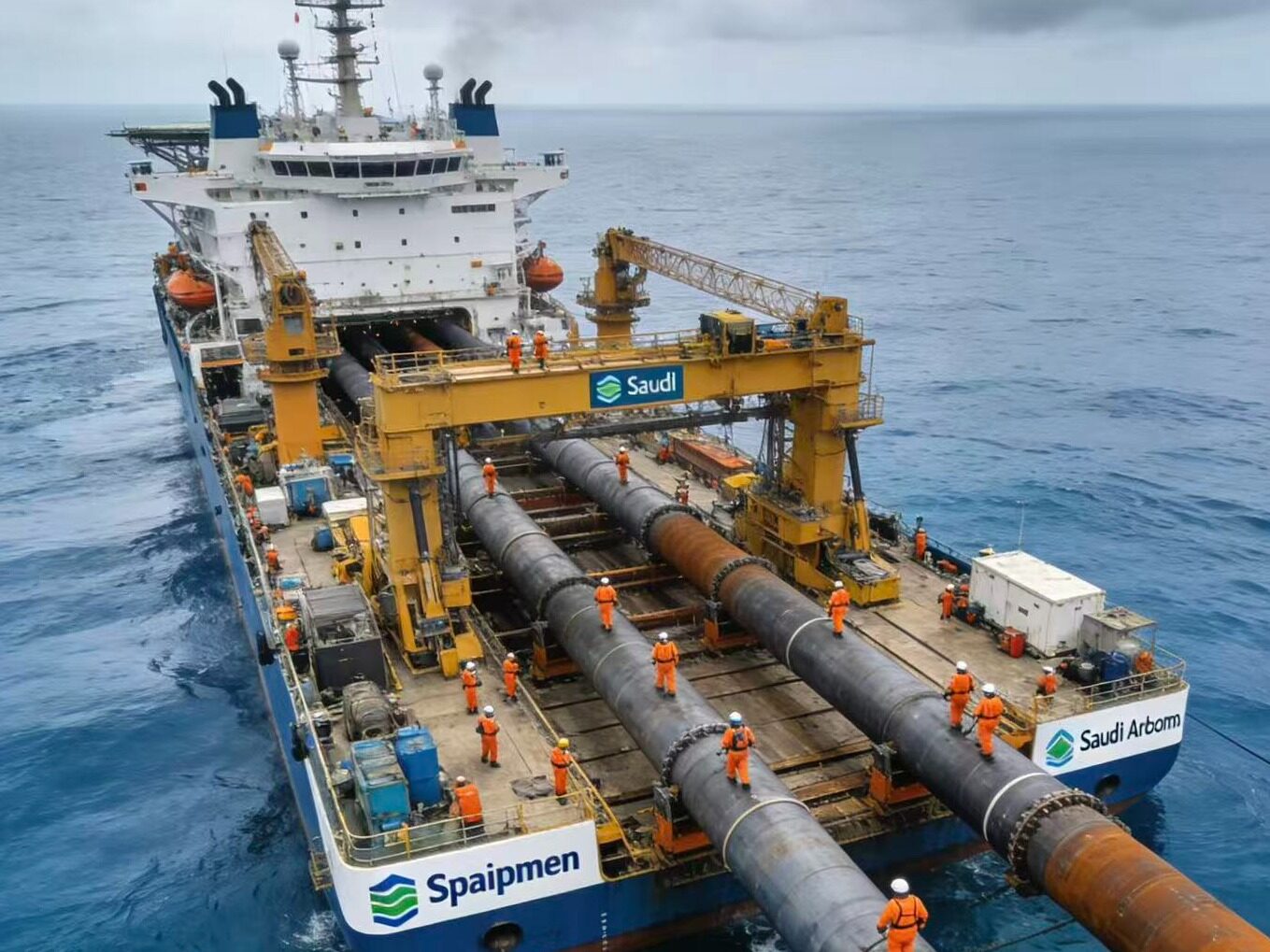
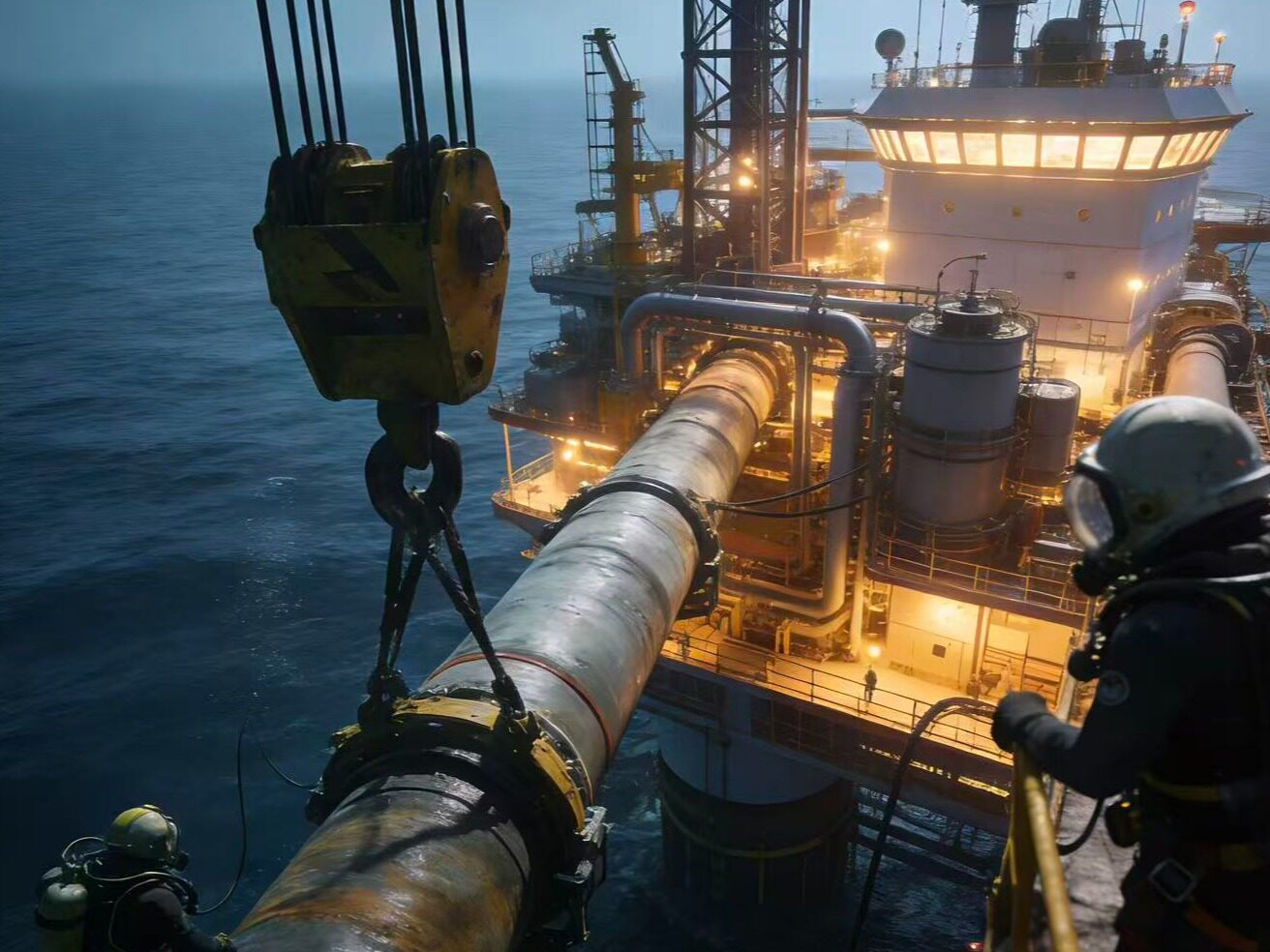






Write something~